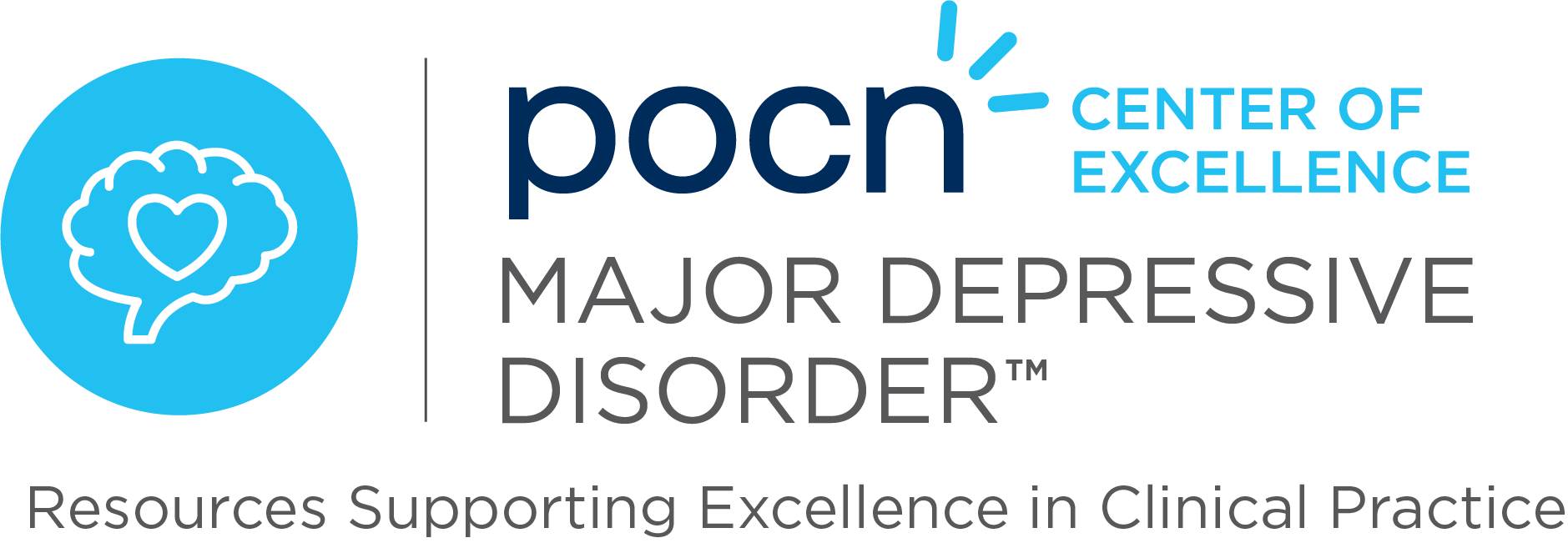This study explores the relationship between digitalization, anxiety, and depression using a novel linguistic big data approach, leveraging Google Ngram Viewer to analyze word frequency trends over 50 years. The research highlights a significant rise in terms related to anxiety, depression, and digitalization across six European languages, with strong correlations between these terms (r=.81 to .98, p<.001). The researchers also observed that anxiety and depression co-occur frequently, aligning with established knowledge of their comorbidity. In contrast, terms related to religion showed no significant growth or correlation with mental health terms, suggesting a distinct trend. The findings emphasize the potential impact of digitalization on mental health, including stressors such as technostress and replacement fear, while highlighting gaps in traditional methods of studying societal influences on mental health.
The study underscores the need for a nuanced understanding of digitalization’s role in shaping mental health trends, especially given its increasing integration into healthcare through digital interventions. The authors advocate for more interdisciplinary research to refine methodologies, ensure reliable linguistic analysis, and address the broader societal factors influencing mental health – tailored to the digital age.
Reference: Teepe GW, Glase EM, Reips UD. Increasing digitalization is associated with anxiety and depression: A Google Ngram analysis. PLoS One. 2023;18(4):e0284091. doi: 10.1371/journal.pone.0284091.


